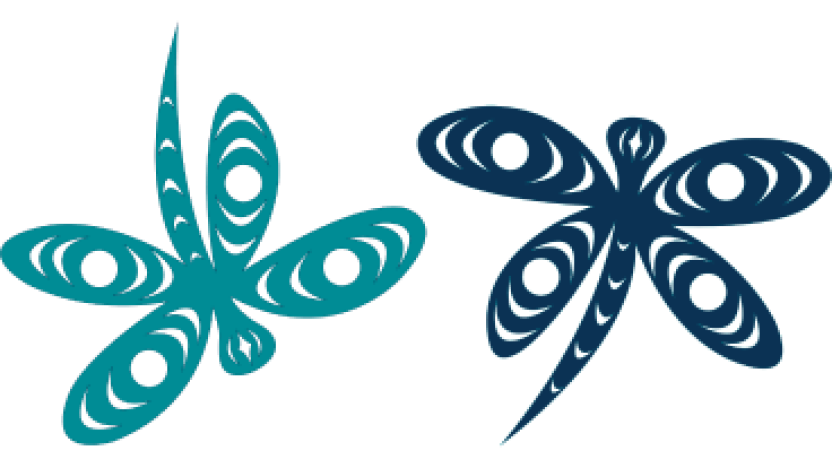Liquid Waste Regulations for Dental Operations
Dental operations produce liquid waste that may damage plumbing, impact the wastewater treatment processes, and potentially harm the environment.
Sewer Use Regulations
To protect the environment and comply with regulations, dental operations must follow the regulations defined in Schedule "L" [PDF/610KB] of the CRD Sewer Use Bylaw. By following the code of practice, you will significantly reduce the amount of contaminants that end up in our oceans. Mercury, lead and other metals are now much less common in the waters off our region, thanks in large part to source control efforts and to the efforts of local dentists.
For more detailed information please reference the Code of Practice detailed in CRD Sewer Use Bylaw Schedule "L" [PDF/610KB]
Questions? Email us at sourcecontrol@crd.bc.ca
Stormwater and Storm Drains
Avoid stormwater contamination and protect our waterways by preventing dental waste from entering the storm drain network (which includes ditches, catch basins and roadways).
Municipalities have bylaws that regulate and prohibit certain types of wastes from being discharged into stormwater drains. These bylaws are in place to protect public health and the environment. Contact your municipality for relevant regulations. On the Saanich Peninsula, the Saanich Peninsula Stormwater Bylaw No. 4168 is in effect.
Trucked Liquid Waste
Liquid waste haulers can be hired to responsibly manage any fluids associated with dental operations.
It is important to note that the waste generator retains ownership of the waste even after it has been turned over to a waste hauler. This means the generator can be held responsible for the consequences of a spill or improper disposal of waste.
For that reason, it is important to ensure that the hauler you hire can demonstrate that they are:
- properly licensed,
- have properly trained staff
- deal with your waste in a safe, responsible, legal and diligent manner
Read more in our overview of the CRD Trucked Liquid Waste Service.
Septic Systems
If your business operates on a septic system, wastewater pre-treatment is not required under CRD Onsite Sewage System Maintenance Bylaw No. 3479. However, non-domestic waste, such as dental waste should not discharge to a septic system as this can create a contaminated site.
At minimum, the discharge of dental waste can impact the treatment process, significantly increase maintenance costs of the septic system and reduce its useful life span.
More about septic system regulations and maintenance is available on our Septic Savvy page.
More Sustainable Business Practices
Reducing waste and making sustainable changes can benefit the environment and your business.
- Choose environmentally-friendly cleaning products
- Minimize the purchase and use of hazardous cleaning or disinfectant solutions. Check the product MSDS for hazardous ingredients and select the least hazardous effective alternative.
- Use mechanical methods of cleaning and non-hazardous biodegradable products whenever possible
- Eliminate or reduce the use of chemiclave solutions by using an autoclave to sterilize instruments inspect product containers regularly for damage or leaks
- Buy local materials when possible
- Choose electricity-powered heating, vehicles, EnergyStar appliances and LED lighting to reduce carbon pollution and your climate impact
- Protect our drinking water. Dental operators must ensure proper connections and backflow protection are in place and maintained

